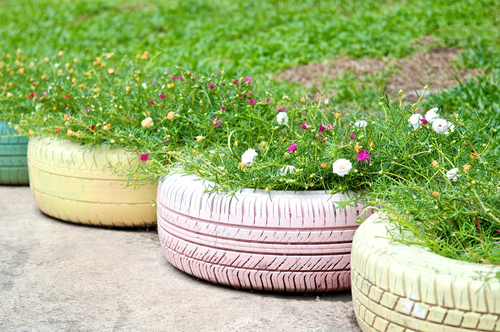There are more than just a few things to consider when buying property to ensure that the property will represent a solid investment now and into the future. Real estate agencies like Templeton Property can provide buyers with some of the key data to ensure the property fits their exact needs, as well as other important pieces of property buying advice.
From crunching the numbers to buying at the right time, here are five things you should do and look for when buying property in Brisbane (and all around Australia).
1. Buy in areas with good infrastructure
One of the biggest things to look for when buying property – to live in or as an investment – is to consider the available and planned infrastructure in the area. Does the suburb have good transport links into the city or a number of future infrastructure planned? Wherever possible, buyers should assess the employment, growth figures and other amenities in the region they are buying to ensure a robust economy rather than one that could be stagnant or in decline.
2. Avoid Areas with an oversupply of dwellings
Be wary if there is an oversupply of dwellings in the area you are considering buying in. Oversupply often means competition from other sellers – you may not see as strong a return on investment when it comes time to sell. It can also mean lower rental yields for the same reason. Many Brisbane suburbs have a number of high-rise or apartment buildings all set for completion in the next three to five years, which could cause an oversupply of dwellings and drive prices down. Like all markets, buying in an area of high demand where there is limited supply can ensure solid growth prospects in the shorter term.
3. Always have pest and building inspections
For any detached home, it’s essential you know what could be between the walls and roof of the home. Termite or other damage to the building can seriously devalue a property so it is essential buyers have a building and pest inspection carried out before buying. This arms them with the knowledge they need to negotiate a better price if damage is found, or they can choose to walk away.
4. Look at all the Factors
From the neighbours to other planned developments in the street, parking availability to traffic – there is much more to buying a home than just the features of the home. With that said, no property is perfect and it’s unlikely that you will find a property in your price range with everything on your wish list. Some compromises need to be reached. The key is balancing these.
5. Avoid emotional buying
This can be easier said than done, especially when you fall in love with a place. However if the mortgage repayments will be a stretch or you find yourself buying only on aesthetics rather than on the investment potential, this can set yourself up for future difficulty and/or dissatisfaction. With that said, know when to settle and when to walk away. The perfect property may not ever come, and in the time you may have missed out on other suitable properties and made some significant gains on the property ladder.
Finally, always do your homework before buying. Go into a purchase with as much information as possible, since knowledge is power. If the property matches your needs it’s likely it will also suit other buyers, so you will need to be able to move quickly.


 YOU
YOU





 Money
Money





 FOOD
FOOD





 FAMILY LIFE
FAMILY LIFE




 HOME & GARDEN
HOME & GARDEN







 ORGANISE
ORGANISE

 EVENTS
EVENTS





 LIFESTYLE
LIFESTYLE


















